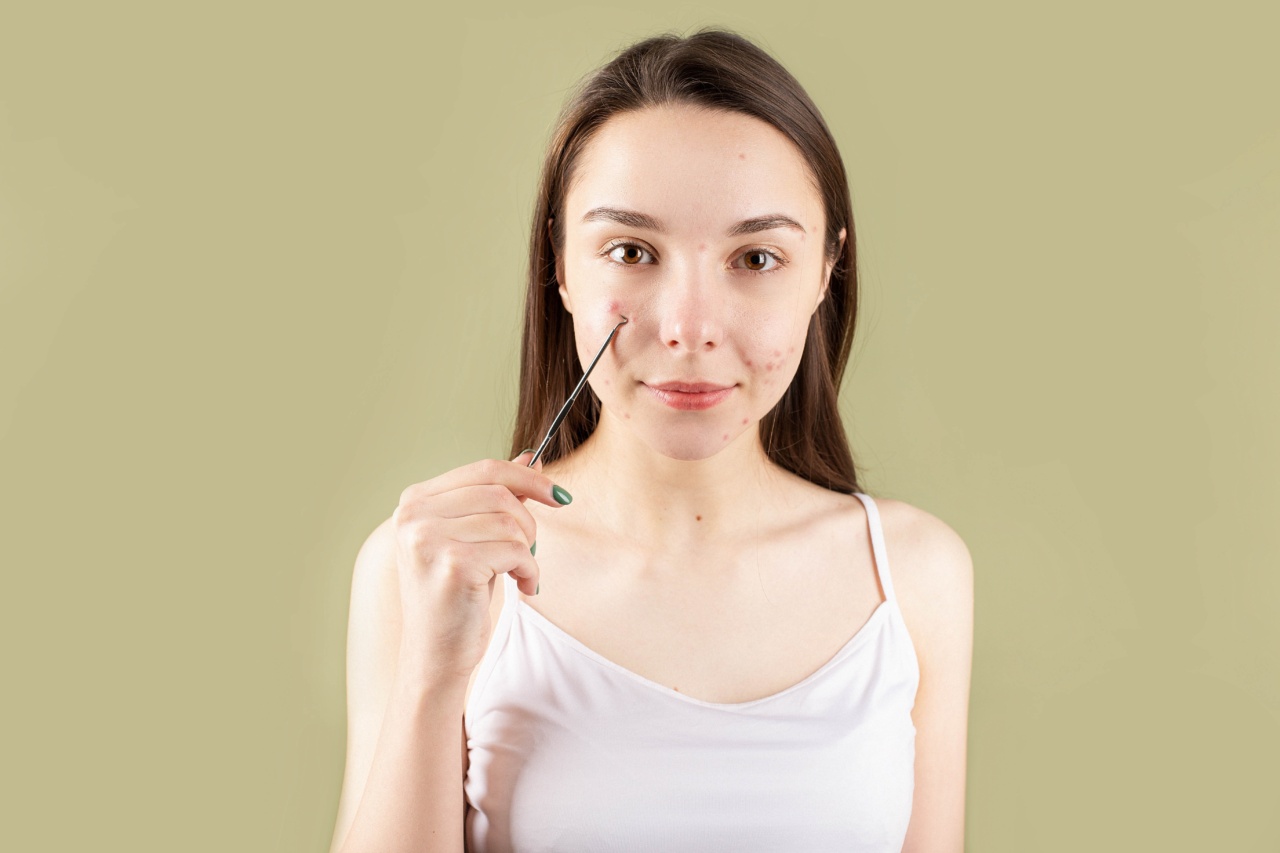Acne can be a frustrating and embarrassing skin condition that affects people of all ages. While a lot of treatments are available, many people still struggle to find the right solution.
Making mistakes when trying to treat acne is common, and it can make the condition worse. This article highlights the top acne treatment mistakes that people make and how to avoid them.
Mistake 1: Not Knowing Your Skin Type
Not all acne treatments are suitable for every skin type. Different skin types react differently to various treatments, so it’s essential to know your skin type before starting a treatment regimen.
For example, someone with oily skin may need a different approach compared to someone with dry skin. So, it’s crucial to identify your skin type and choose products accordingly.
Mistake 2: Overusing Products
Another common mistake people make is applying too many products at once or using the same product too frequently. Overusing acne treatments can cause irritation, redness, and dryness of the skin.
It’s essential to use acne treatments only as directed, and if multiple treatments are used, it’s best to consult with a dermatologist before starting the regimen.
Mistake 3: Popping Pimples
Popping pimples is a tempting solution to acne, but it’s not recommended. Popping pimples can cause further damage to the skin, leading to more acne and even permanent scarring.
It’s best to let pimples heal on their own or use proper acne treatments to reduce the risk of scarring.
Mistake 4: Using the Wrong Products
Choosing the wrong acne products can be a significant mistake. Some products can cause further irritation and worsen the condition. It’s essential to make sure that products are suitable for your skin type and contain the right ingredients.
For example, benzoyl peroxide is an effective acne-fighting ingredient but can be too harsh for sensitive skin.
Mistake 5: Ignoring Other Skincare Steps
Acne is just a part of your overall skincare routine. Ignoring other skincare steps like moisturizing or sun protection can cause more harm to the skin.
It’s essential to cleanse, moisturize and protect your skin from the sun to maintain healthy skin. A consistent skincare routine can also help prevent acne breakouts.
Mistake 6: Not Seeking Professional Help
Acne can be a sign of underlying health problems that require medical attention. If acne persists despite using over-the-counter treatments, it’s essential to seek medical help.
A dermatologist can recommend prescription medication or suggest other therapies that can help manage acne.
Mistake 7: Not Changing Bedding Regularly
Dirty bedding and towels can harbor bacteria that contribute to acne. It’s crucial to change your bedding and towels regularly to prevent the buildup of bacteria on the skin.
Experts recommend that bedding should be changed at least once a week, and towels should be washed after every use.
Mistake 8: Neglecting Your Diet
While eating junk food doesn’t directly cause acne, it can contribute to the problem. Diets high in sugar and processed foods can cause inflammation in the body, leading to acne breakouts.
It’s essential to eat a balanced diet rich in fruits, vegetables, and whole grains to maintain healthy skin.
Mistake 9: Using Hot Water to Cleanse
Hot water can strip the skin of its natural oils, leading to dryness and irritation. It’s recommended to use warm water to cleanse the skin and avoid spending too much time in the shower or bath.
Overexposure to water can also cause skin irritation, so it’s essential to pat the skin dry gently after washing.
Mistake 10: Not Giving Treatments Enough Time
Acne treatments take time to work, and it’s essential to be patient. Many people expect immediate results, but acne treatments can take weeks or even months to show significant improvement.
It’s crucial to follow the regimen consistently and not give up too soon.
Conclusion
When it comes to treating acne, it’s essential to avoid common mistakes that can worsen the condition. Knowing your skin type, using the right products, avoiding overuse, and seeking medical help when needed are key steps to managing acne.
Combining a healthy lifestyle with a consistent skincare routine can also help prevent acne breakouts.





























